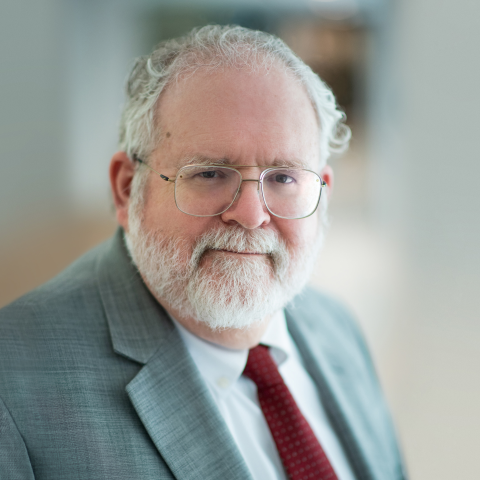The decentralization of police power and the weakening of domestic intelligence services was a deep seated reaction to the horrific excesses of the Nazi era, and few ideas have been set as deeply in the post-war German mind as the need to keep a tight leash on the state's intelligence gathering. This is one reason that allegations of U.S. government snooping on German politicians are so sensitive. And it also helps explain why so many Germans feel so strongly about internet privacy.
And that's all fair enough in its way: having lived through two totalitarian governments in modern times, Germans want to keep the state at bay. But the wave of crime and violence that followed the collapse of European and German border policy as the Syria and Libya catastrophes ground on is forcing change. The WSJ:
In a full-page op-ed in the Frankfurter Allgemeine Zeitung daily, Interior Minister Thomas de Maizière sought to address what critics have identified as the key weaknesses in Germany’s antiterror strategy: a decentralized security and intelligence apparatus, a light-touch approach to police work, strong legal safeguards against abuses of power, and a generous refugee policy.
“It’s time to prep Germany’s capacities for managing future crises,” Mr. de Maizière wrote. “Germany needs to stay strong.” […]
Among Mr. de Maizière’s many proposals are measures to beef up the remit and authority of federal police and intelligence agencies, making the central government rather than state authorities responsible for deporting illegal migrants, and opening the possibility of pre-emptively detaining foreigners deemed particularly dangerous.
A parallel change is taking place half way around the world: the rising threat of China and North Korea is forcing the pacifistic Japanese to overcome their aversion to the military.
Both reactions are sensible and even inevitable—and they also illustrate how choices around the world get worse when the fabric of world order frays. This is how tragedy works: people make necessary but painful decisions as their circumstances worsen, and in the end find themselves thinking and doing things they thought were impossible and appalling.
The failures of liberal international order have consequences that make liberal international order harder to maintain. As the world gets harder, it gets harder to base public policy on idealistic dreams. That is where we stand at the opening of this year of grace; it will be interesting to see where we are in another year.













